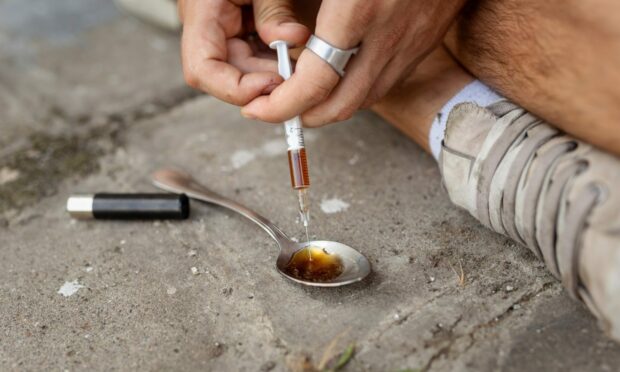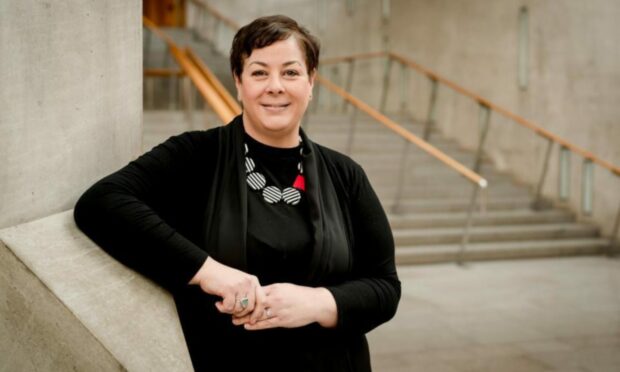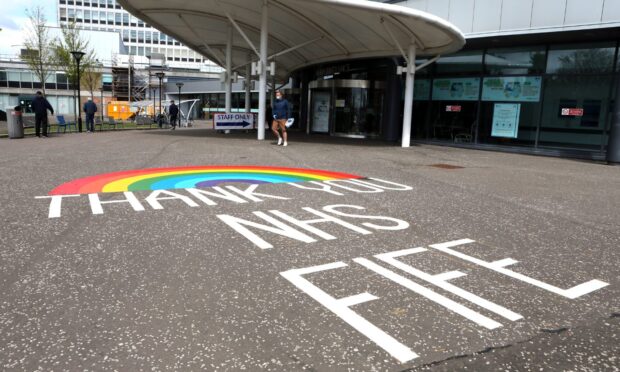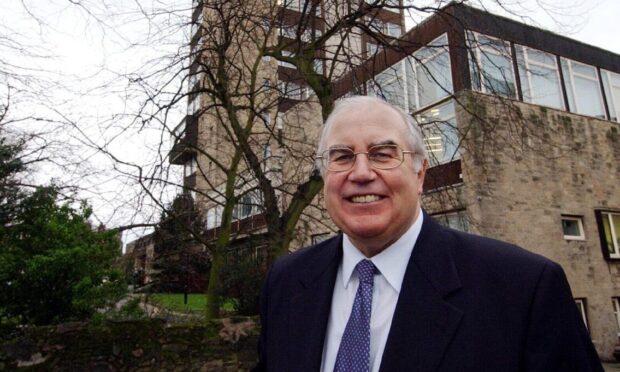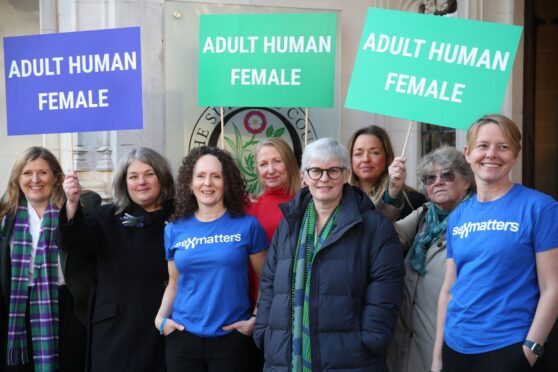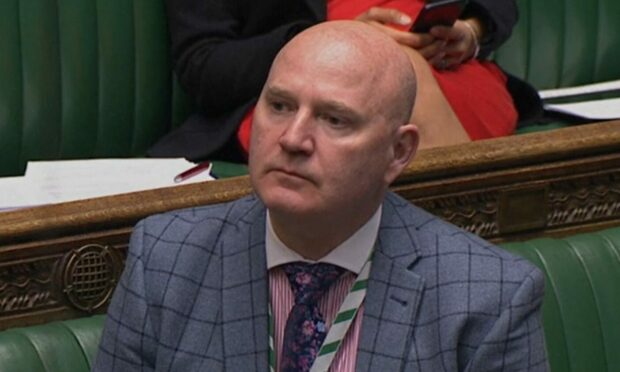Rishi Sunak has poured cold water on radical new Scottish Government demands to decriminalise the possession of drugs for personal supply or transfer the powers to do so to Holyrood
They say the move would allow people found in possession of drugs to be treated and supported rather than criminalised and excluded.
Power over the Misuse of Drugs Act rests with Westminster, meaning any action by the Scottish Government to tackle substance related deaths are constrained by existing legislation.
Fresh statistics on the number of drug-related deaths in Scotland are due to be published in August, but figures last year saw a slight decrease in the number of drugs deaths in Dundee.
The city has previously been branded the drugs death capital of Scotland, but since 2020 has been below Glasgow for the number of drug deaths per head of population.
The government paper outlines a series of measures which could be implemented with further devolution, independence, or changes enacted immediately by the UK Government.
This includes changes to current laws to allow the introduction of supervised drug consumption facilities – which would allow drugs users to be supervised in an attempt to prevent lethal overdoses.
Scottish ministers say the facilities would help tackle the record level of drug-related deaths in the country.
They say changes to the current devolution settlement would also allow them to increase access to the life saving drug naloxone.
Drugs policy minister Elena Whitham said the “ambitious and radical” proposals would “save lives”.
But any changes would require support from the UK Government, a move seen as unlikely.
Asked whether the Prime Minister was likely to grant that request, his official spokesman said: “No. Whilst I haven’t seen those reports I think I’m confident enough to say that there are no plans to alter our tough stance on drugs.”
Ms Whitham added: “We want to create a society where problematic drug use is treated as a health, not a criminal matter, reducing stigma and discrimination and enabling the person to recover and contribute positively to society.
“While we know these proposals will spark debate, they are in line with our public health approach and would further our national mission to improve and save lives.
Approach ‘at odds with Westminster’
“We are working hard within the powers we have to reduce drug deaths, and while there is more we need to do, our approach is simply at odds with the Westminster legislation we must operate within.”
Ms Whitham said all the proposals could be introduced if the appropriate powers were devolved.
She added: “Scotland needs a caring, compassionate and human rights informed drugs policy, with public health and the reduction of harm as its underlying principles, and we are ready to work with the UK Government to put into practice this progressive policy.”
Shadow chancellor Rachel Reeves also ruled out the policy, all but ending the chances it will be implemented by the current or future UK governments.
“The short answer is no,” she told journalists during a visit to Scotland. “I don’t think this sounds like a good policy.
Labour rule out support plans
“I find it quite stunning that this would be a priority for the Scottish Government when we’re here today talking about the Tory mortgage bombshell and what we would do to address that.”
Scottish Labour leader Anas Sarwar said drug deaths are three times as high in Scotland as elsewhere in the UK despite the same drugs laws, while Ms Reeves added that it was not a “constitutional issue”.
Scottish Conservative MSP for Mid Scotland and Fife Murdo Fraser branded the proposals “irresponsible”.
He said: “The call from the SNP to decriminalise drugs is not just irresponsible – greenlighting drug use to the young as acceptable behaviour – but a deeply cynical attempt to create a constitutional diversion away from this government’s shameful record on drug deaths.”
